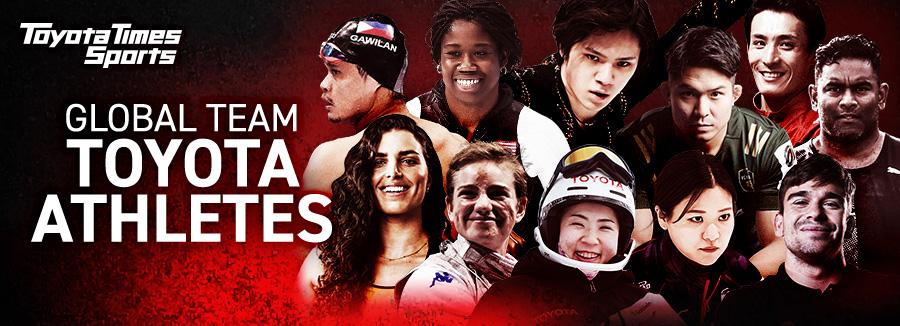
"Athletes all have a season" and "recovery Olympics"--what was Akio Toyoda trying to convey in response to the Tokyo 2020 postponement?

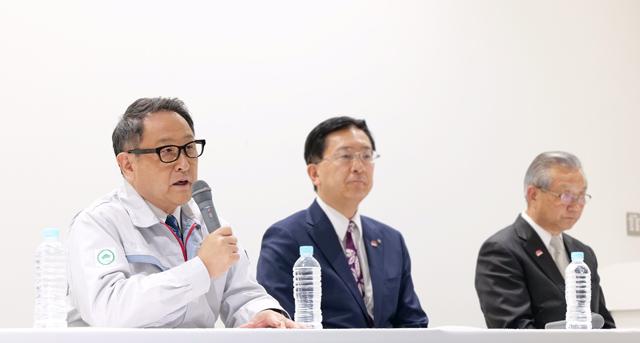
On March 27, 2020, Akio Toyoda was in Iwate Plant of Toyota Motor East Japan to attend the line-off ceremony for the all-new Yaris produced at the Iwate Plant.
At a press conference conducted after the ceremony, Akio was asked for a comment on the postponement of the Olympic and Paralympic Games Tokyo 2020. The following was his response:
Akio Toyoda (March 27, 2020)
First, I would like to thank all of those involved in making the difficult decision to postpone the Olympic and Paralympic Games Tokyo 2020, especially their due concern considering the current situation with COVID-19. Please allow me to express my deep appreciation and respect to them.
Originally, Tokyo 2020 was positioned as our nation’s “recovery Olympics”, and the Olympic Torch Relay was scheduled to start this week from Fukushima, Japan. At times when we face hardship, such as that experienced during the Great East Japan Earthquake, athletes are among those that encourage us. They move our hearts and provide us hope.
On that note, I believe some athletes in particular have mixed feelings because it is said that athletes have a “season”. While some may be disappointed to hear about the postponement as they were training hard to perform their best this summer, others may feel it is a good chance to start all over in their preparations.
At any rate, it is good that there is now a clear goal for athletes after this decision.
In addition to this being the “recovery Olympics” [recovery mainly referring to efforts to help the area and Japan in general that were affected by the Great East Japan Earthquake], it is my opinion that this will be the “overcome” Olympic and Paralympic Games, as we fight together globally to overcome COVID-19. With all-Japan efforts including the participation of this Tohoku region, Toyota, as a TOP sponsor, fully supports all efforts to help make Tokyo 2020 a “Games for the people and athletes” and a “Games that people from all over the world will enjoy.”
Please allow us here at Toyota Times to offer an explanation on the background of Akio Toyoda’s remarks, focusing on two of the keywords that he used, namely “season for athletes” and “recovery Olympics.”
Athletes all have a “season”
Interesting fact: Akio was an athlete himself when he was a university student, and he was once selected as one of the members of the Japan national field hockey team for an international competition in Asia.
Athletes devote everything to prepare especially as they put their blood, sweat, and tears into training specifically for this summer. Of course, there are those who have closely supported these athletes both on and under the surface. Knowing how much they have sacrificed, it’s hard to imagine how hard, how punishing, and how significant it is for athletes to actually be able to participate in the Olympic and Paralympic Games.
That brings us back to Akio’s comment: “Athletes all have a season.”
In using that phrase in his response, he may have been attempting to show his commitment towards Tokyo 2020 while acknowledging the various types of thoughts athletes might be having as he recalled his own experience from his youth.
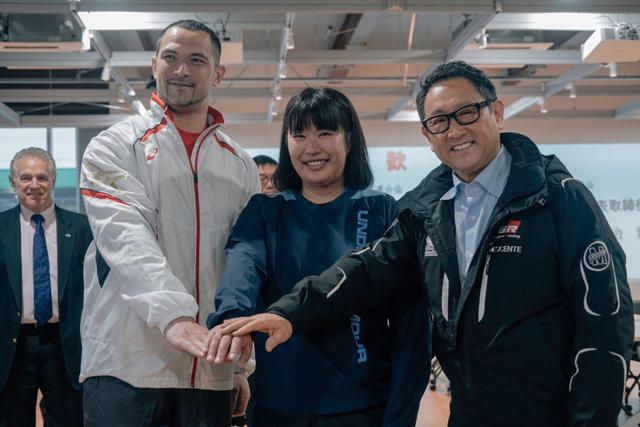
“Recovery Olympics”
In June 2012, one year after the Great East Japan Earthquake, there was a ceremony to celebrate the establishment of Toyota Motor East Japan in Tohoku. Please let us share a portion of Akio’s remarks at that ceremony in 2012.
Toyoda (June, 2012)
Every time I come here to Tohoku and meet you all, I am encouraged. Recently, I feel very frustrated when I hear people say that “the automotive industry is a mature industry” and “there needs to be a new industry to replace the auto industry.”
Let me be clear, the automotive industry is not a mature industry. It is an industry we can expect steady growth for, especially in emerging markets. Above anything else, it is an industry with many various stakeholders widely involved in it. By moving forward with manufacturing in Tohoku, there will be a lot of new employment, including in parts and equipment suppliers that support the industry, which can also lead to promoting R&D for new technologies. Such capabilities as a whole industry can be a driving force for the Japanese automotive industry to survive amid global competition.
Here in Tohoku, all government and community stakeholders including the Governor have positioned the automotive industry in the center for recovery efforts and have supported us. We’ve spoken with a lot of people who have said “let’s move forward together.” Nothing has made me happier than the expectations and support we have from everyone, and this gives me courage and energy.
At the time, he said he was “very frustrated”. Akio says that frustration, or thinking that we are and can do better, is one of his driving forces when it comes to car-making and management of the company.
For context, in 2012, Japanese companies were struggling with a very unique set of challenging circumstances which was summarily labeled as the “six simultaneous troubles”. These troubles included things like a “super appreciation of the Japanese yen” and “scarce electricity”. At the time, Akio Toyoda was also serving as Chairman of Japan Automobile Manufacturers Association. He had strong beliefs that led him to think:
“Because we are facing such difficult times, we want to contribute as a core industry in Japan.”
However, contrary to his thoughts, the automotive industry was already seen by many as a mature industry. As such, many looked to other new industries as a source of growth at the time. Instead, it was those in Tohoku who aspired to recover who still wanted automotive industry to be the driving force for their recovery.
“Such expectations are the energy for us. We will strive for Tohoku, together with people in Tohoku.”
The message Akio delivered then originated from these types of thoughts and beliefs.
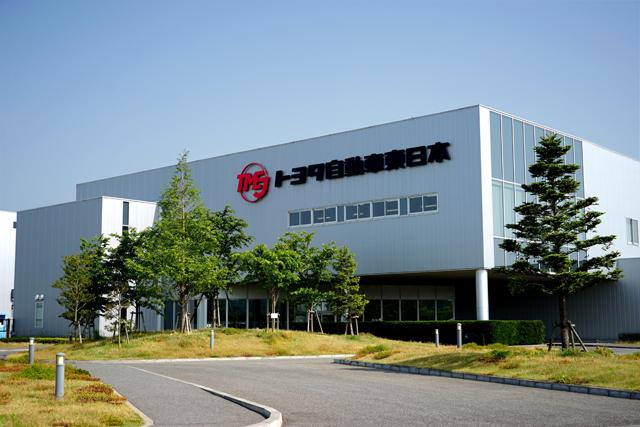
His 2012 message continued:
Toyoda (June, 2012)
Let me tell you a little different story, one about one of Toyota’s company sport teams.
Last year in 2011, the Toyota’s women softball team won the title competition in the Japan league for their second consecutive year.
Due to a flood crisis we were facing in Thailand, I was not able to go see the game and personally cheer the team, but because I wanted to be part of the team even if I couldn’t make it, I asked colleagues who could be in attendance to provide real-time reports. As they reported that the game had entered extra innings and Toyota was down by two runs, to speak honestly, I started to think “we will probably lose” and “what should I tell the team members when they return?”.
In the end, however, there was a dramatic win. Victory came after our team scored three runs in the bottom of the inning. It was a win based on teamwork. All players never gave up on winning, and each devoted herself into giving each other a chance to bat, encouraging their teammates with their strong belief in each other. I heard that the belief to win was found in the players on the bench and in the crowds in the stands who never gave up and continued to support the team. They all showed me the meaning of the “never give up” spirit.
The win was achieved thanks to teamwork, including those who cheered from the stands, and thanks to a spirit of sharing the opportunities for each to do one’s best—I felt that this is similar to the competition that the automotive industry is facing, a competition that we have to tackle as a team together with suppliers and dealers. The competition is not only for ourselves. I believe it is also a competition to protect the last frontier of Japan’s manufacturing, and a competition for Japan and society as a whole.
A lot of people in Tohoku and all over Japan faced hard and sad experiences from the earthquake. Yet they let their feelings help move them forward even with all the grief; it was their feelings to care about others, not just about themselves, and above all, the spirit of never giving-up—I believe the people in Tohoku are endowed with such feelings and this sprit the most. That is why I want to help create the future of Tohoku through automobile manufacturing, together with people in Tohoku. That is why I want to help support this recovery and do my best to meet the expectations of the people in Tohoku.
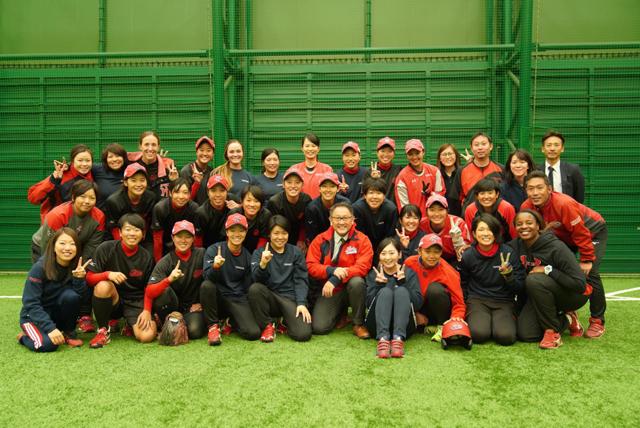
This has been an introduction of Akio’s message from 8 years ago. In the message we can see his belief in the “power of the people in Tohoku for recovery” and the “power of sports”.
Upon hearing Akio’s thoughts towards the postponement of Tokyo 2020 shared the other day, there are two consistent thoughts behind his reply. Please allow the article to be concluded with one more quote from Akio:
Akio Toyoda (March 27, 2020)
In addition to this being the “recovery Olympics” [recovery mainly referring to efforts to help the area and Japan in general that as affected by the Great East Japan Earthquake], it is my opinion that this will be the “overcome” Olympic and Paralympic Games, as we fight together globally to overcome COVID-19. With all-Japan efforts including the participation of this Tohoku region, Toyota, as a TOP sponsor, fully supports all efforts to help make Tokyo 2020 a “Games for the people and athletes” and a “Games that people from all over the world will enjoy.”

